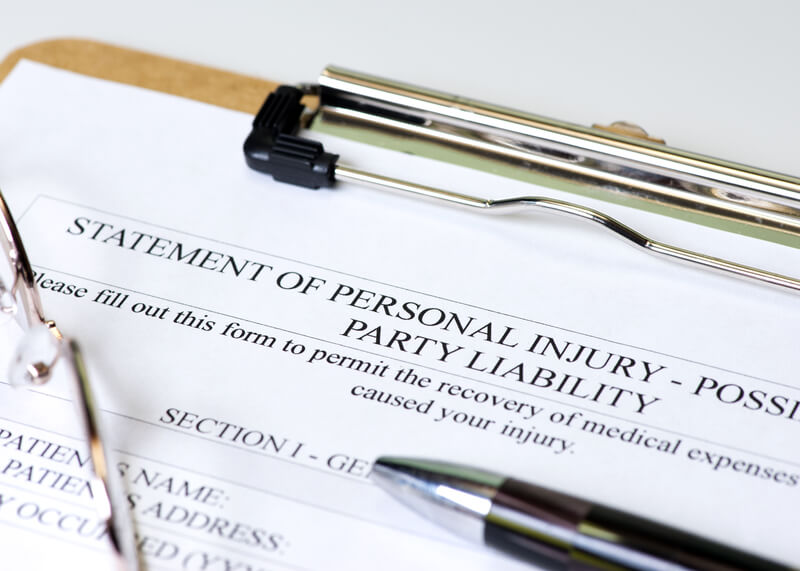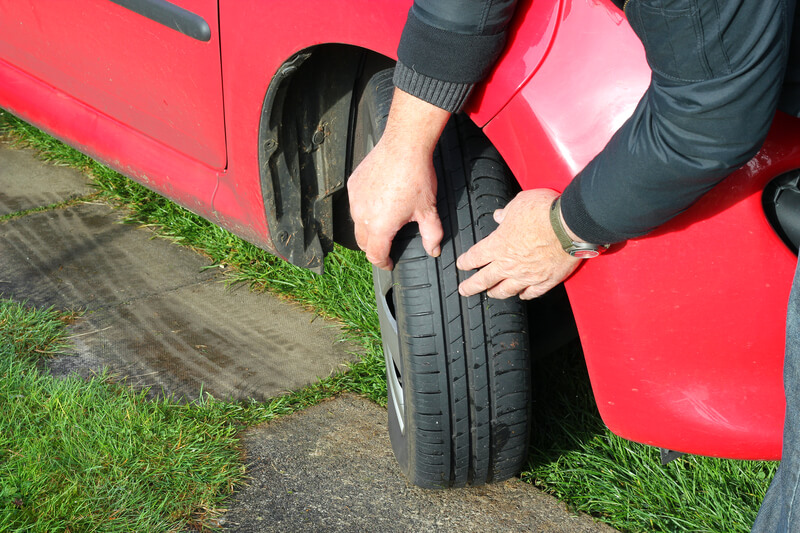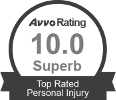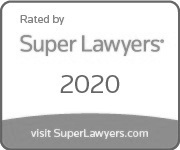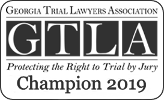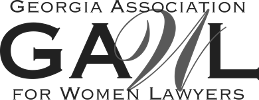We spend the bulk of our time on the job, and whether we’re seated at a desk or doing something statistically more dangerous, it’s always possible to get hurt. Fortunately, the workers’ compensation system is designed to protect workers after an on-the-job injury—helping cover medical care and recovery time away from work.
But workers’ compensation can be challenging to navigate, and Georgia’s system has some known pitfalls, including a one-year statute of limitations and a challenging appeals process. It’s also important for injured workers to understand the limits of the industrial clinics (or occupational health clinics) preferred by employers, and takes steps to prioritize their own medical treatment and recovery.
If you’re hurt on the job, what should you do, and how will the injury claim process work?
What counts as a workplace injury?
Workers’ compensation injuries in Georgia can look different depending on the job, the industry and the location. While it’s common to associate workers’ comp claims with an office slip-and-fall or a major accident involving heavy machinery, a work-related injury in Georgia can also include:
- Healthcare injuries, including on-the-job violence, musculoskeletal injuries from moving patients or needle sticks
- Occupational illness, including respiratory diseases, skin conditions or cancer from chemical exposure or physical hazards in the workplace
- Construction accidents, including object strikes, falls, trench collapses or electrical shocks
- Hospitality or retail industry injuries, including workplace violence, cuts or burns
- Manufacturing or warehouse accidents, including forklift injuries, crushing injuries, broken bones or concussions
- Heat injuries, particularly among construction workers, landscapers or road crews
- Mental health concerns directly connected to the job, like PTSD among law enforcement or employees who have witnessed at-work violence
- Ergonomic and repetitive stress injuries across occupations, including carpal tunnel syndrome
- Crash injuries, limited to car accidents or truck accidents involving employees who drive as part of their job
What should you do after a work-related injury?
Because workers’ comp is a no-fault system, injured workers don’t need to prove that their employer was responsible for the workplace accident. Instead, it’s important to show that:
- You were hurt.
- You were hurt on the job.
Following a clear set of steps after an accident will help support those two points and limit delays or challenges to the workers’ comp claim from the insurance company.
Immediately after an accident, you’ll want to:
- Seek medical attention: Your priority after an accident should always be your health. If you’re seriously hurt on the job, ask a coworker to call 911 and head to the nearest emergency room. However, if you don’t require urgent care, you’ll need to get medical attention from a provider on the posted panel of physicians. This is an approved list of doctors and clinics workplaces are required to share in a public place, like the office break room. (More on what to do if you’re unhappy with your care below.)
- Report your accident: While your medical treatment will establish that you were injured, you still need to demonstrate that you were hurt at work. As soon as you’re able to, tell your supervisor or manager about the accident in writing and request confirmation. Georgia workers’ compensation laws give you 30 days to do this, but take care of this important task as soon as you’re able to. Include an account of what happened, important factors like a wet bathroom floor or a physically aggressive patient, and note any witnesses.
- Gather your own supporting information: Ideally, your workers’ compensation claim will proceed smoothly, but it can be helpful to record additional details to support any challenges to your case. Consider photographing the scene, writing a detailed account of what happened and keeping organized records of your medical expenses and missed time at work. Now is also a good time to step back from social media and limit the photos and updates you share.
- File a WC-14 Notice of Claim: To formally start the workers’ comp claim process, you’ll want to file your WC-14 Notice of Claim with the Georgia State Board of Workers’ Compensation, your employer and your employer’s insurer. (Georgia employers do not pay workers’ comp claims directly. Their workers’ compensation insurance company pays claims, and the State Board of Workers’ Compensation facilitates the process.)
When should you contact a workers’ compensation attorney?
In some cases, especially those involving more minor injuries and limited medical bills, injured workers can file a WC-14 Notice of Claim and handle the case themselves.
For more complex cases, however, including serious injuries, long-term disability, permanent disability, TBIs, workplace fatalities, or cases where there’s also a third-party at fault, a workers’ compensation lawyer can help navigate the system, especially when:
- You’re not happy with your care: Often, injured workers feel limited by the posted panel of physicians and the care they’ll receive from an unknown clinic or doctor. Georgia’s workers’ comp laws do allow for second opinions and physician changes, but requests have to follow a set process. Injury lawyers can help.
- Your claim is denied: A workers’ compensation lawyer can help minimize claim denials, but if your employer puts up a fight, it’s critical to seek legal help. The Georgia workers’ comp appeals process runs on a tight timeline with no room for error. Your best chance to make your case is at the first appeal.
- You have a potential third-party claim: While workers’ comp is no-fault, meaning you can’t sue your employer for an accident that occurs on the job, sometimes your workplace injury involves other contractors or individuals as well. Your workers’ compensation attorney can explore whether you have a possible third-party personal injury lawsuit in addition to your workers’ comp claim. Choose a law firm with experience in workers’ compensation benefits and personal injury claims.
Atlanta Personal Injury Lawyers
If you or a loved one has been injured at work, a Georgia workers’ compensation attorney can help. At Litner + Deganian, we understand the challenges faced by injured workers, and we have the experience needed to handle appeals, serious workers’ compensation cases and third-party personal injury cases. If you need help, contact the work injury attorneys and personal injury attorneys at our law firm for a free consultation.



